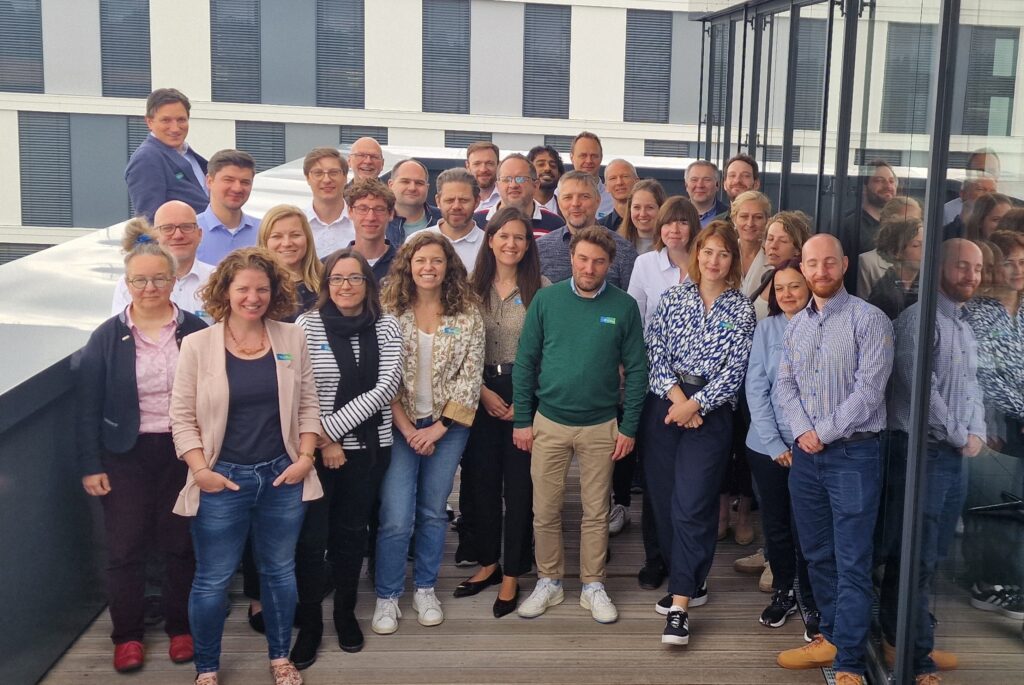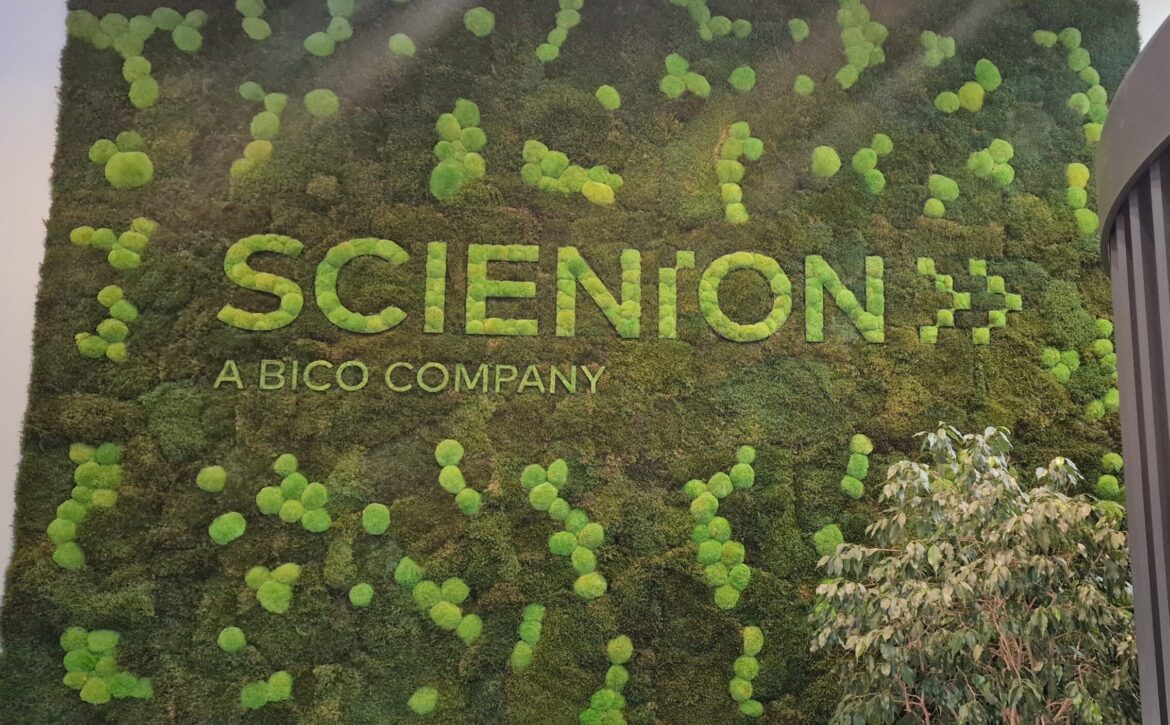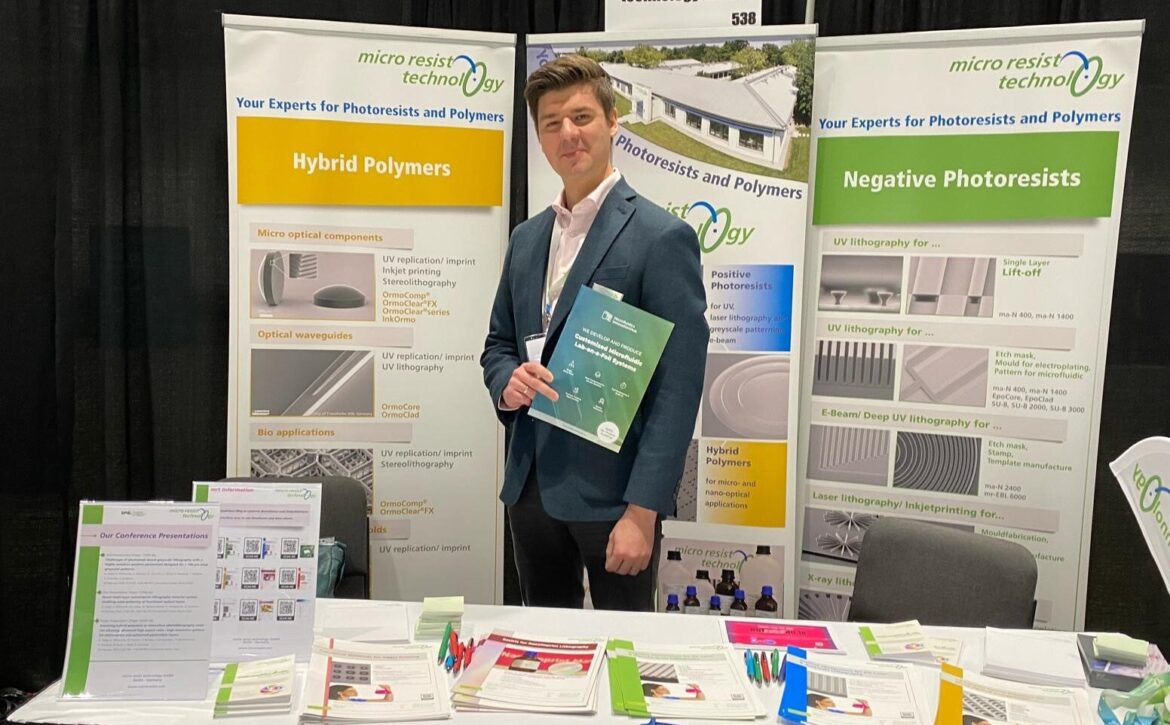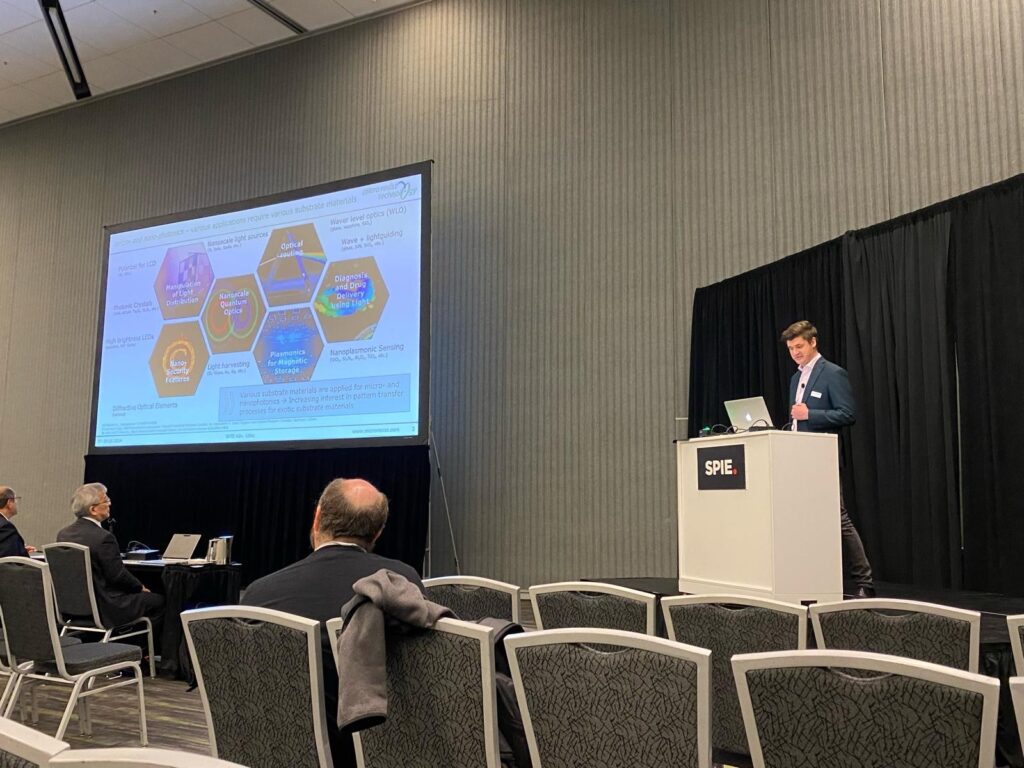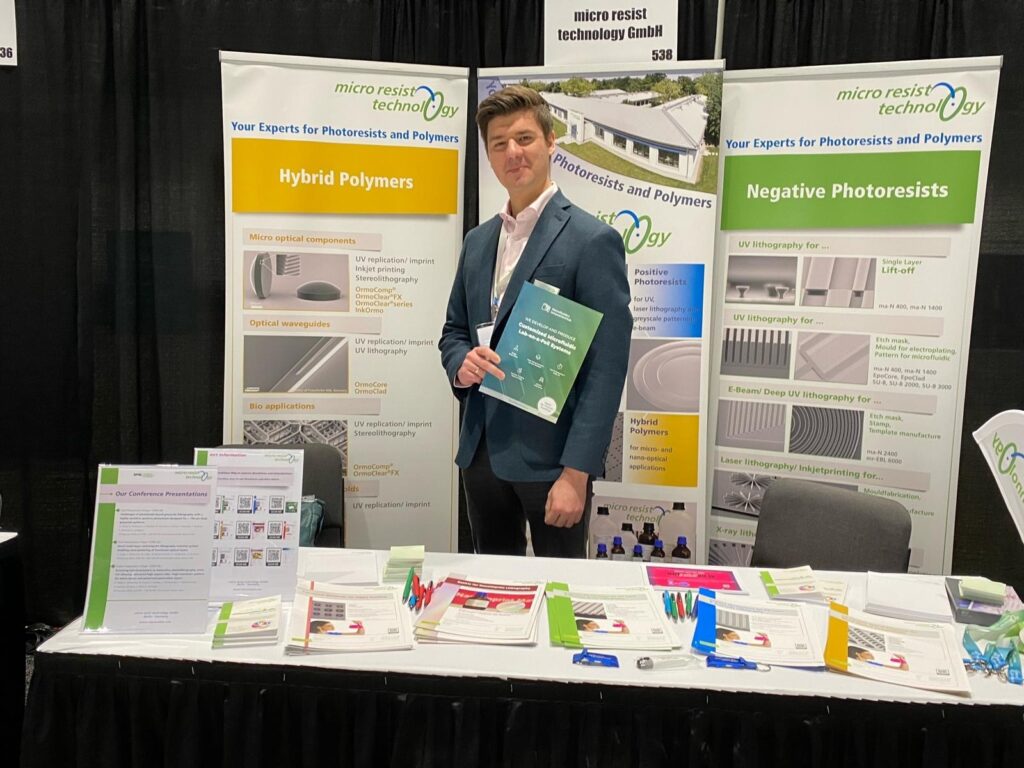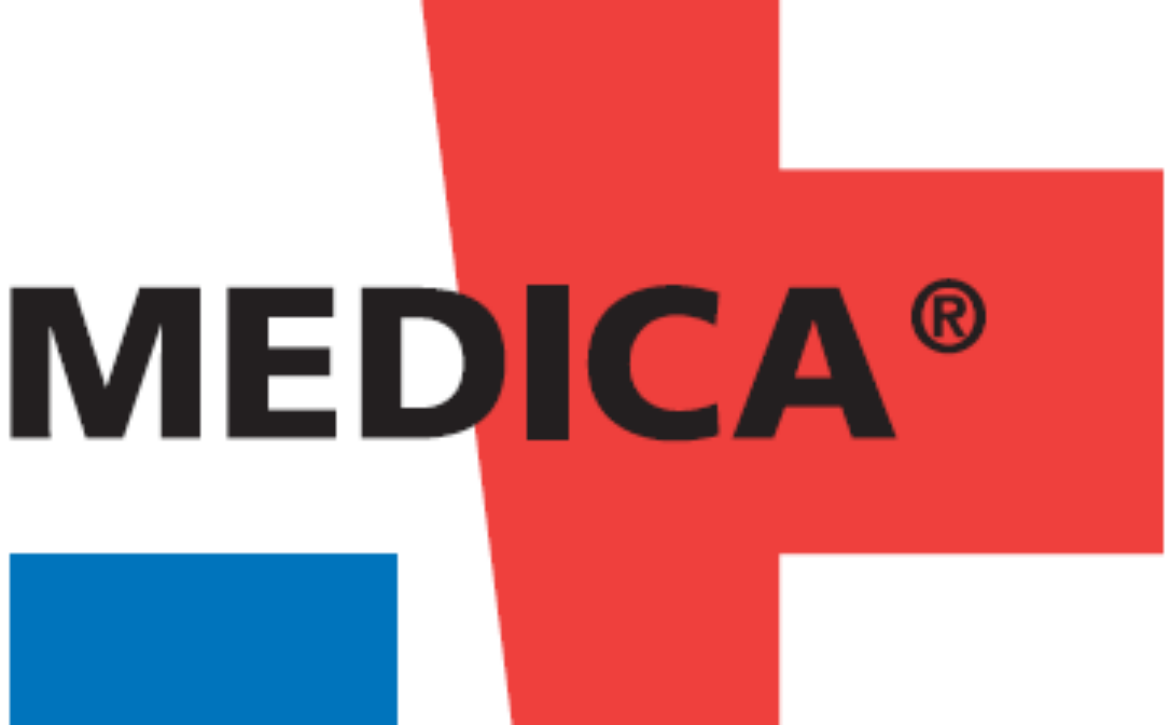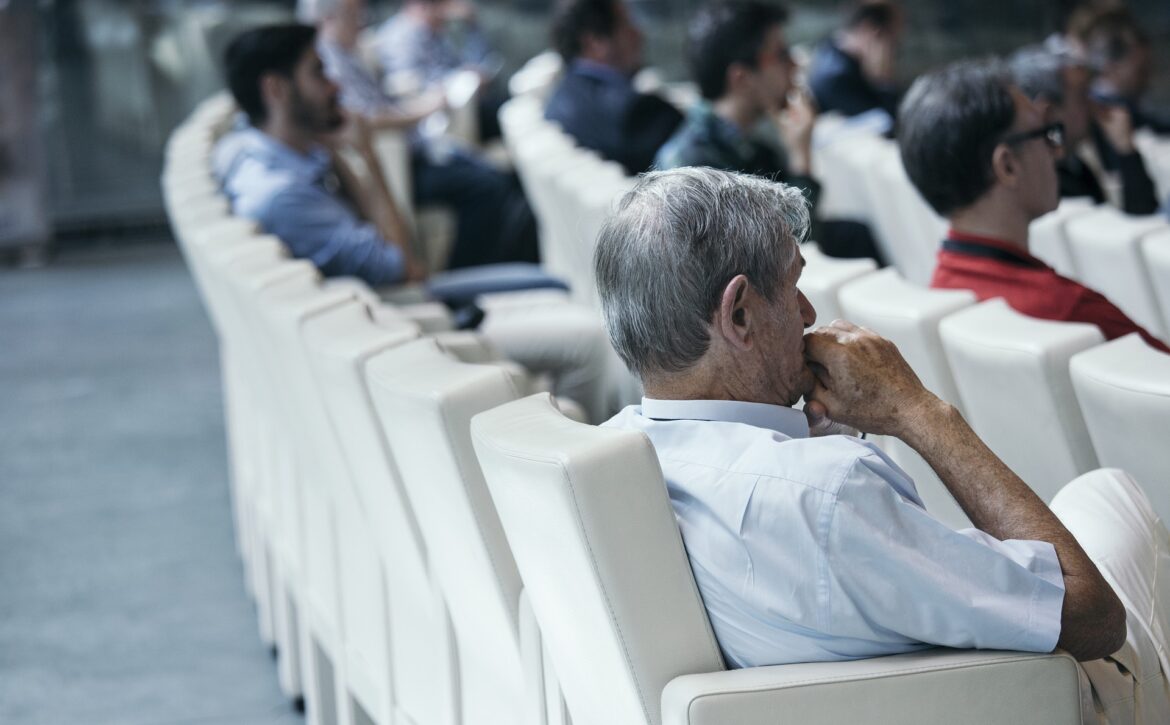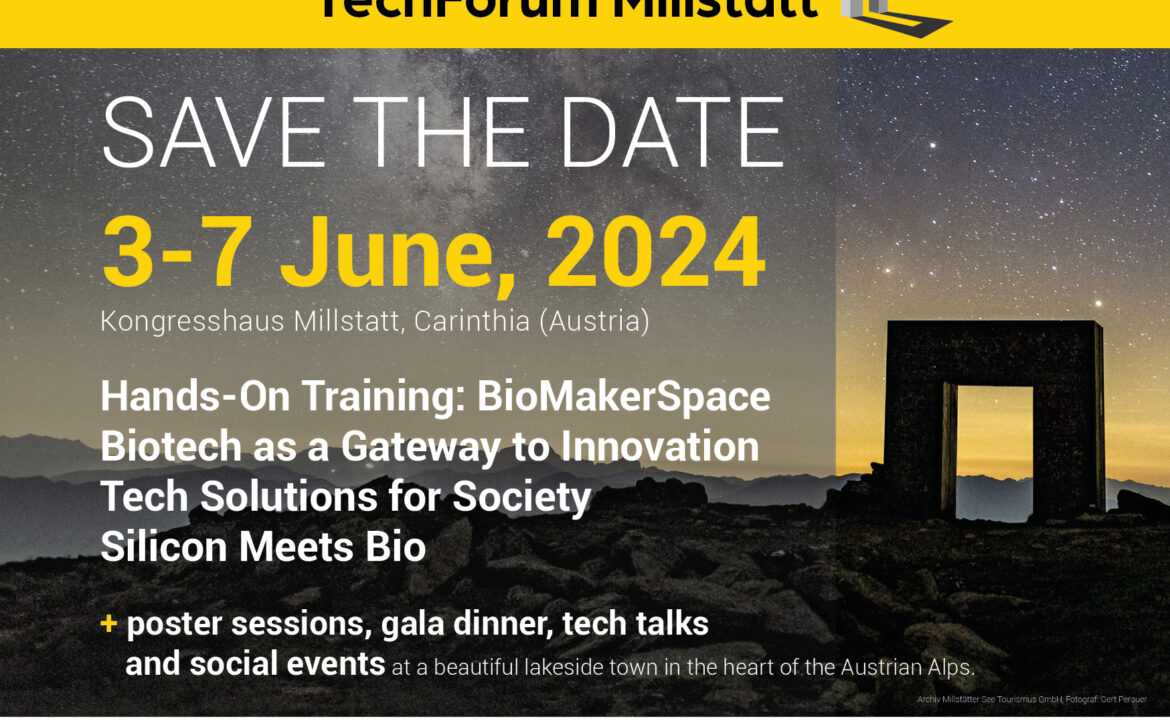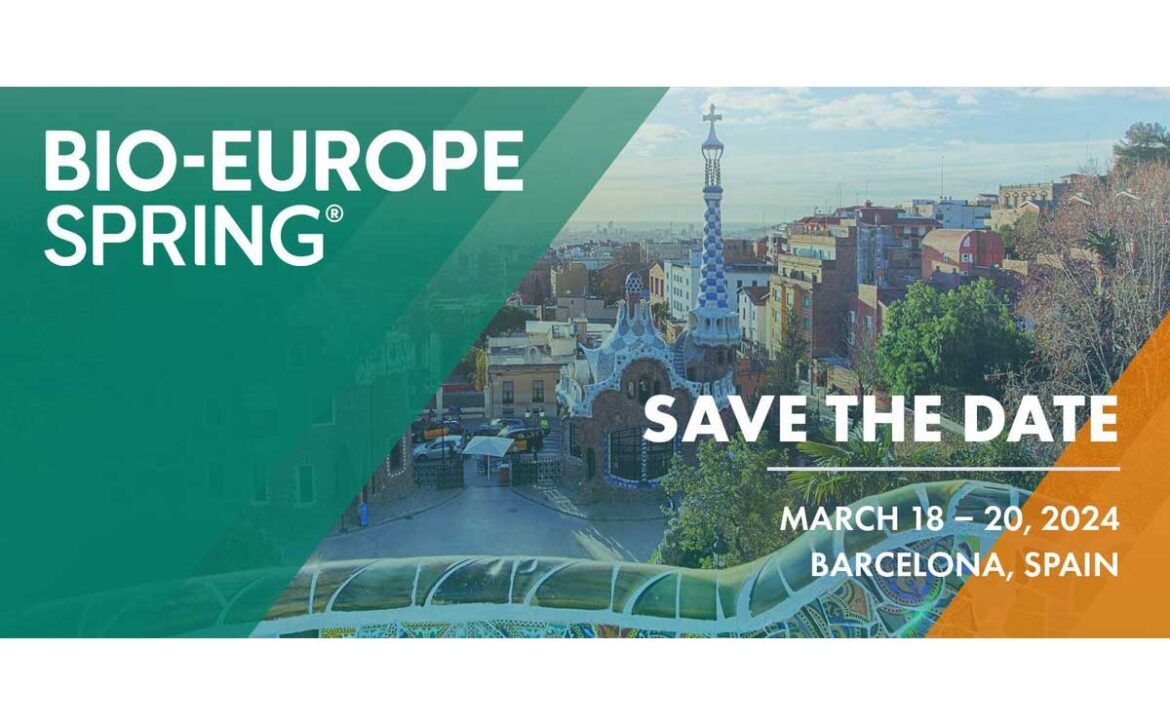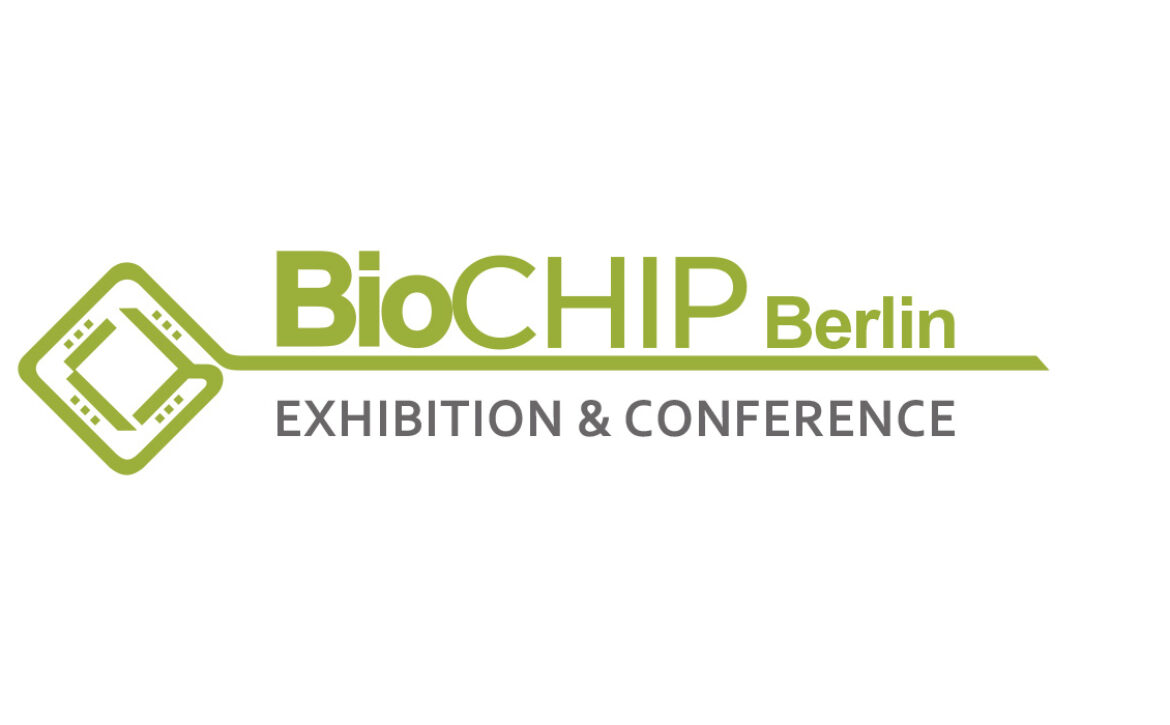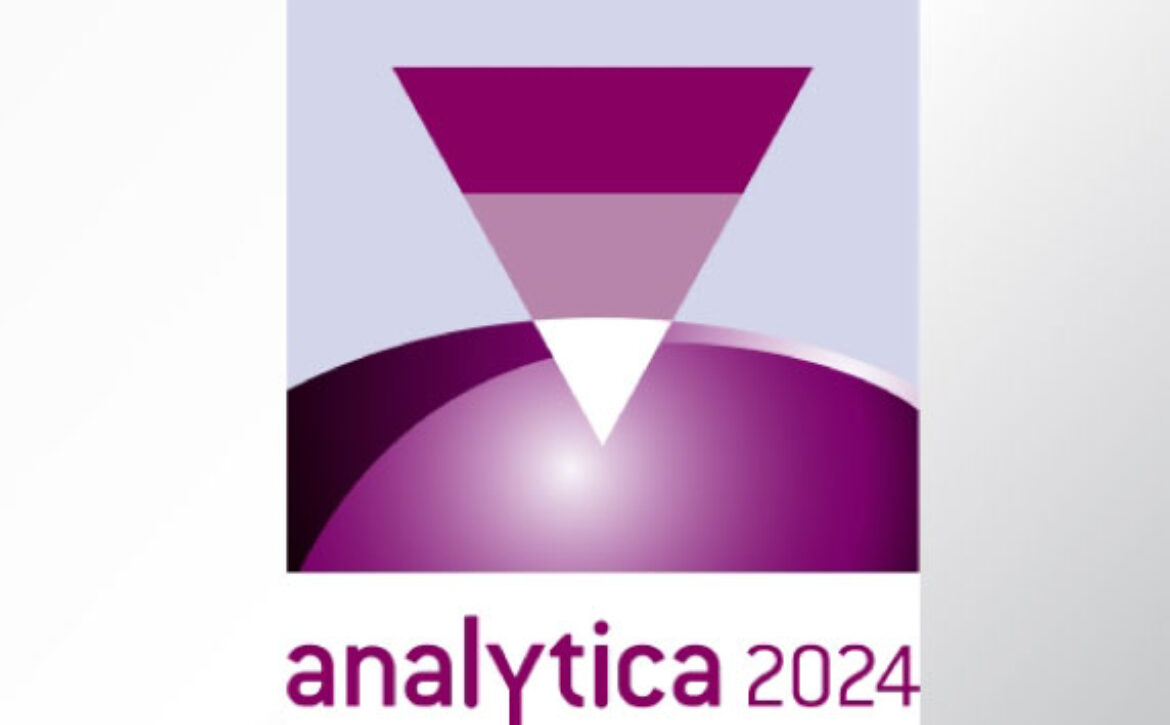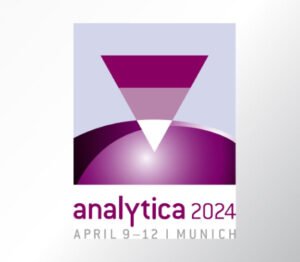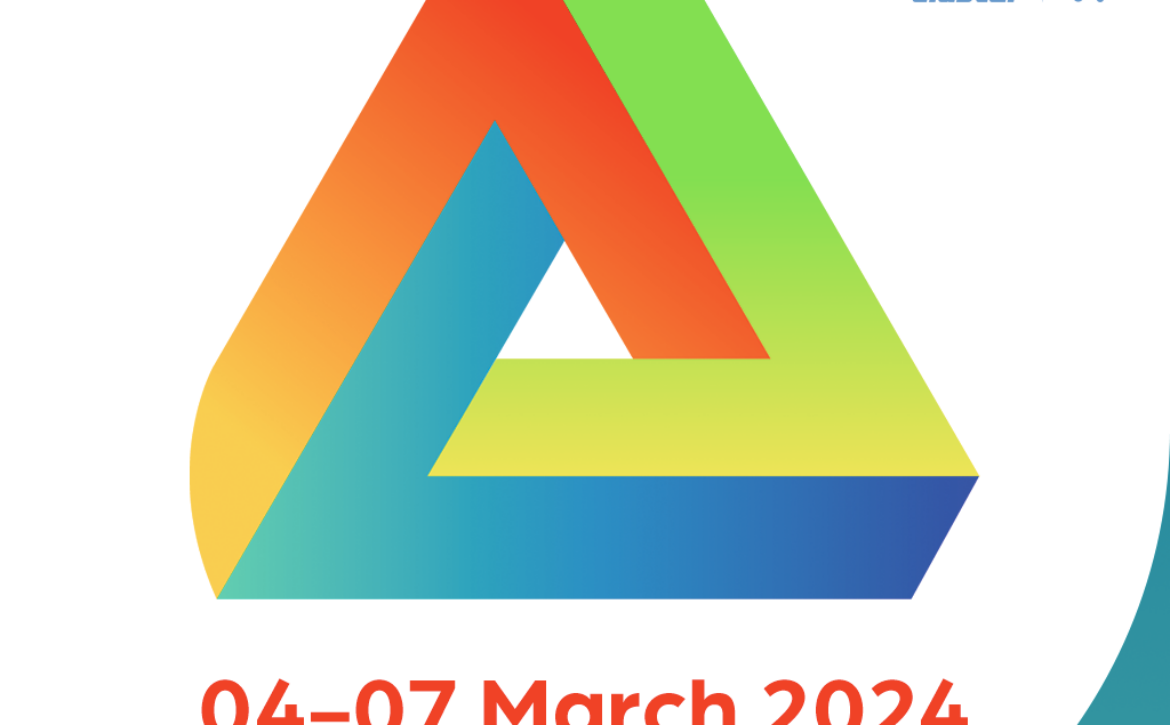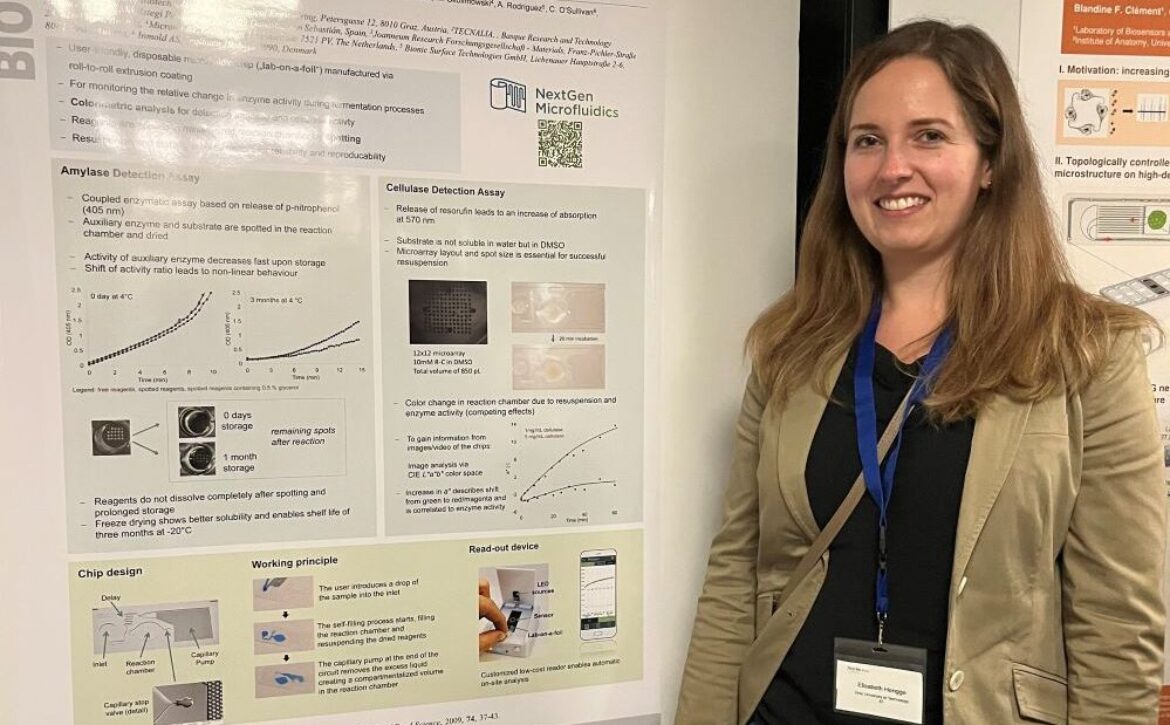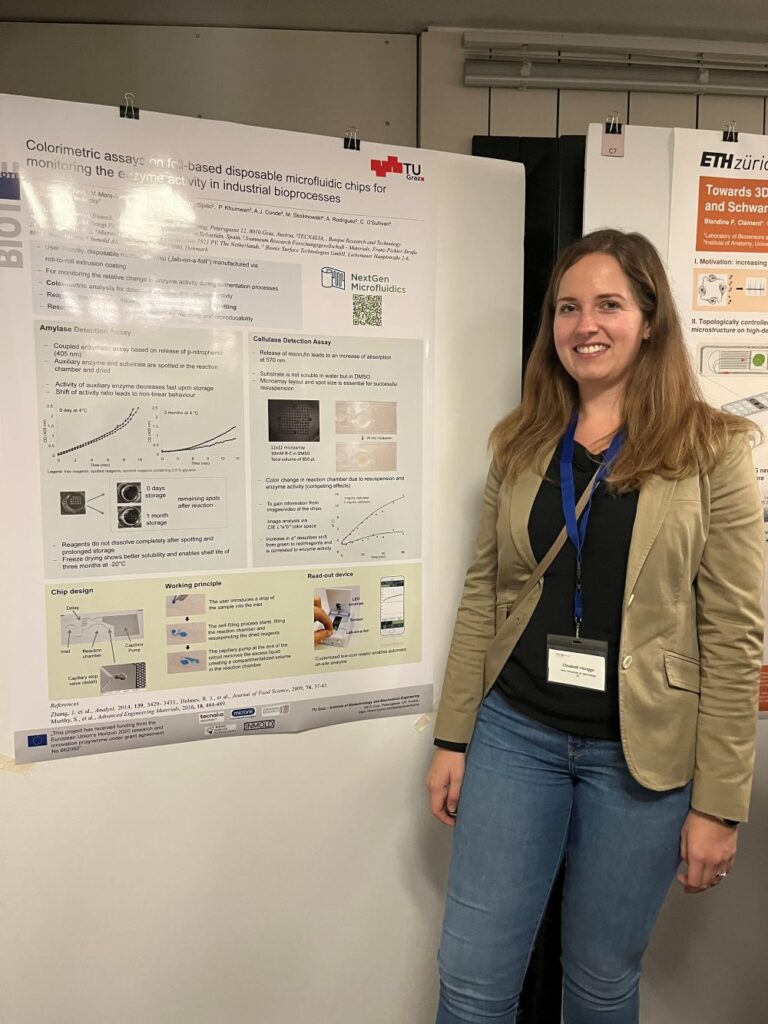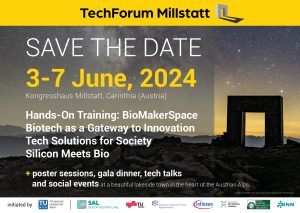
Join us at TechForum Millstatt as we boost Europe’s academic and industrial competitiveness
TechForum Millstatt brings together experts from academia, industry and policy to discuss current technological advances in miniaturization of biomedical devices, future technological trends and innovation potentials in health and environmental science.
Alongside tech talks, presentations and discussions, TechForum Millstatt sponsors various networking events to facilitate the exchange of ideas, translational efforts and the practical application of research results. In addition, a highlight is BioMakerSpace, our hands-on training offered to students in HTL or university and industry on various aspects including microfluidics fabrication, biosensing strategies, system integration, as well as biology-material interactions and organ-on-a-chip technologies.
For the first time, academic and industry partners are joining forces to bring these topics to picturesque Millstatt am See, a beautiful lakeside town in the heart of the Austrian Alps. Don’t miss this opportunity!
Location: Kongresshaus Millstatt (Carinthia/Austria)
Registration is open! For more information and a preliminary program, visit https://www.microfluidics-initiative.com/tfm/.
TechForum Millstatt is initiated by TU Wien, and co-organized with Graz University of Technology, University of Salzburg, Advanced Microfluidics Initiative, BioNanoNet Forschungsgesellschaft mbH, Silicon Austria Labs GmbH, Infineon Austria Technologies AG, and Austrian Cluster for Tissue Regeneration.
